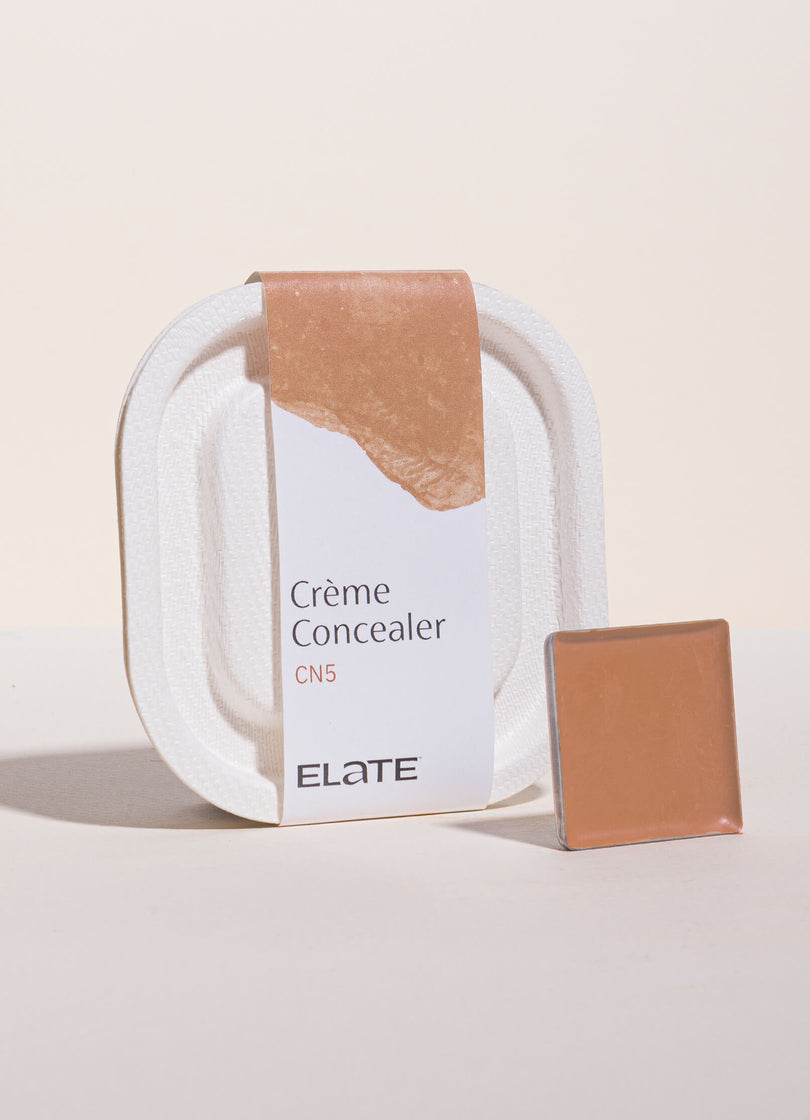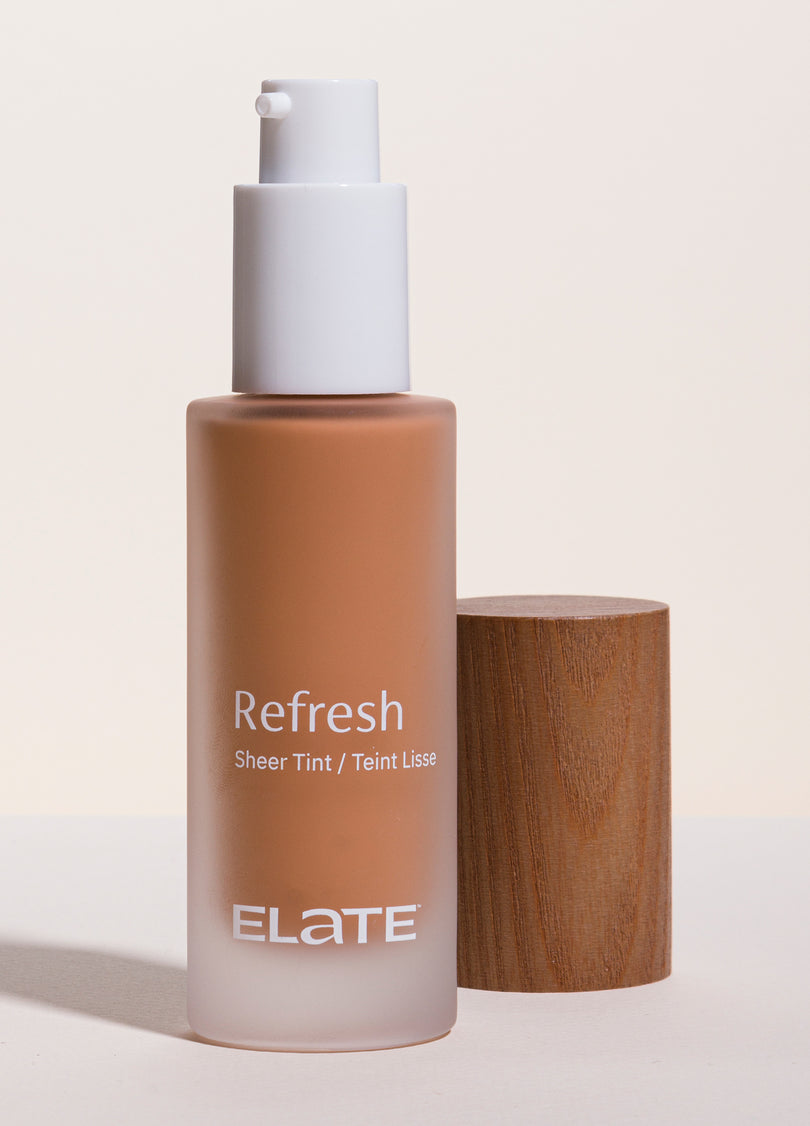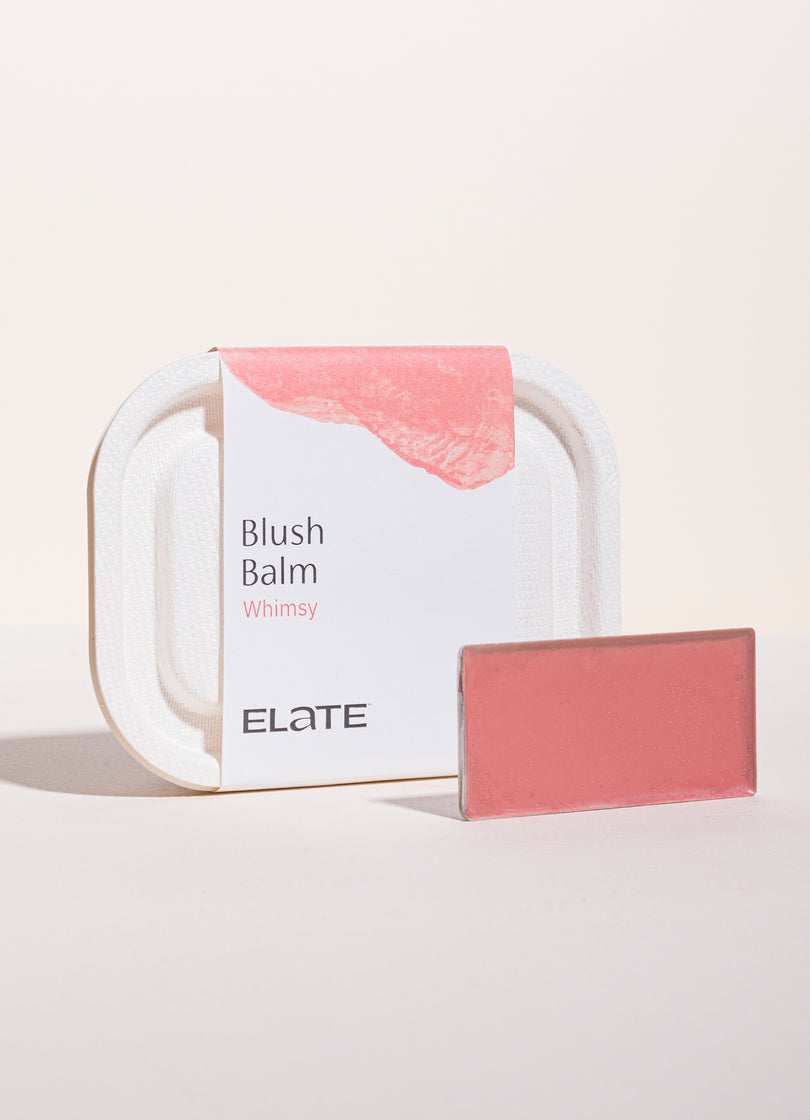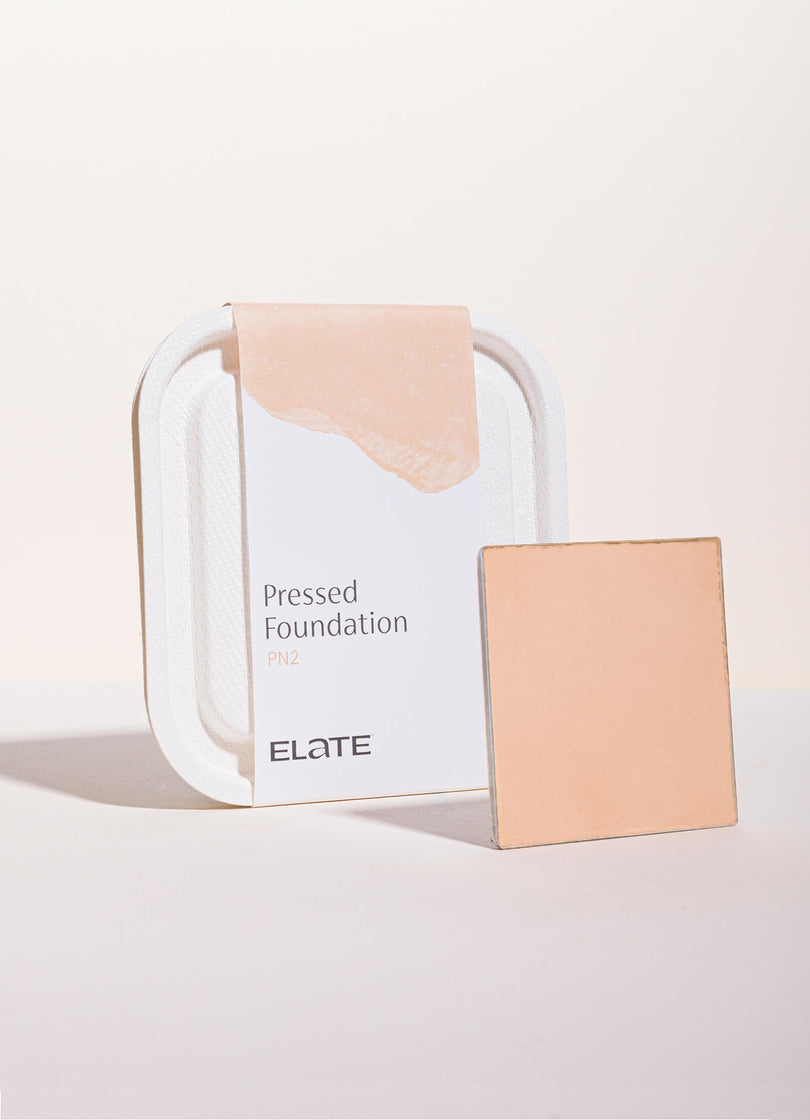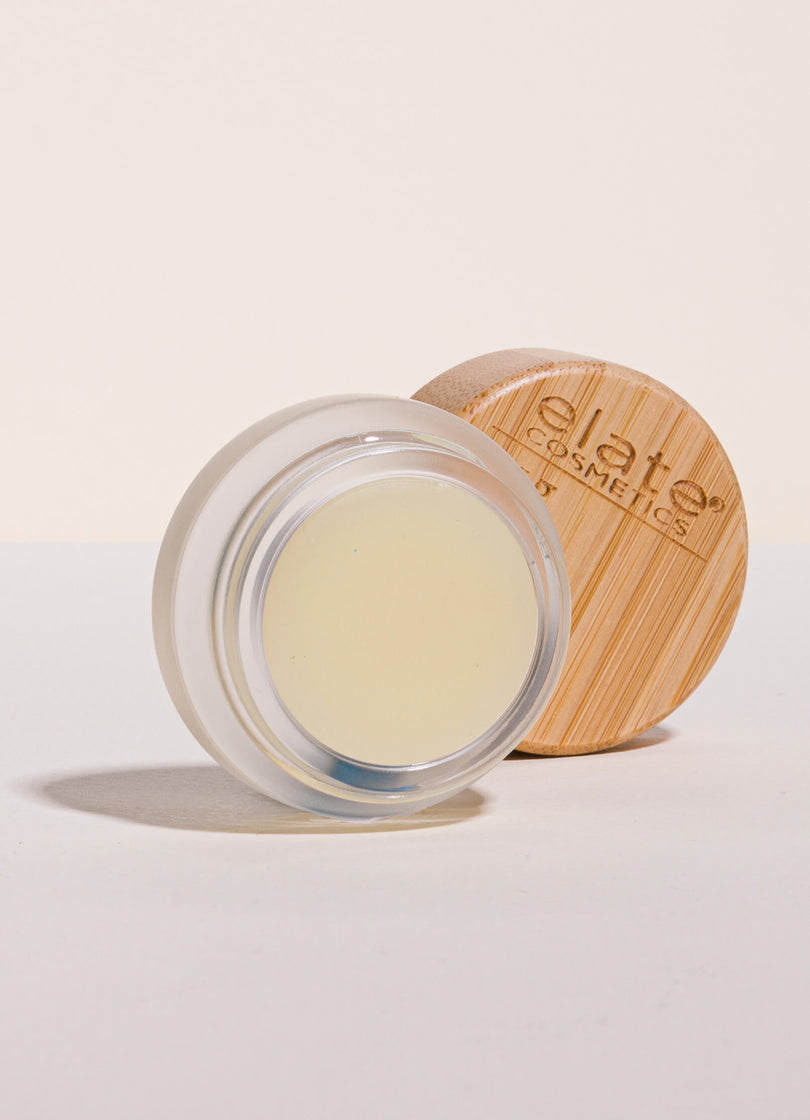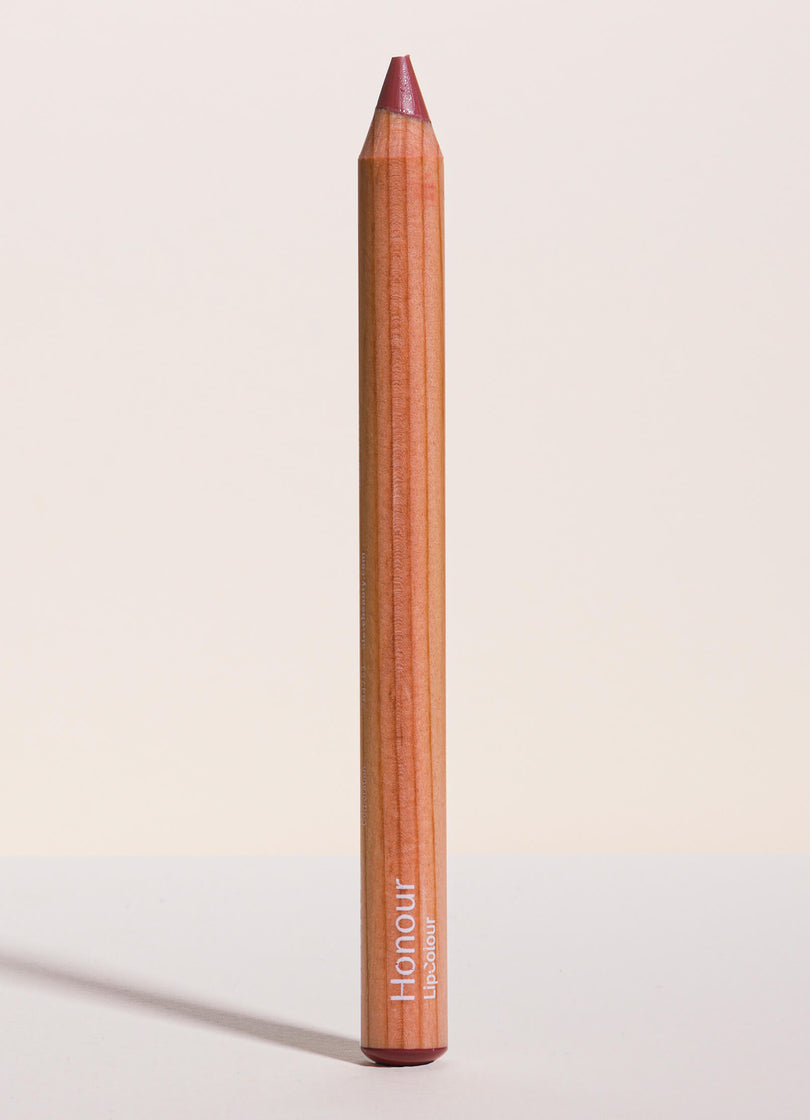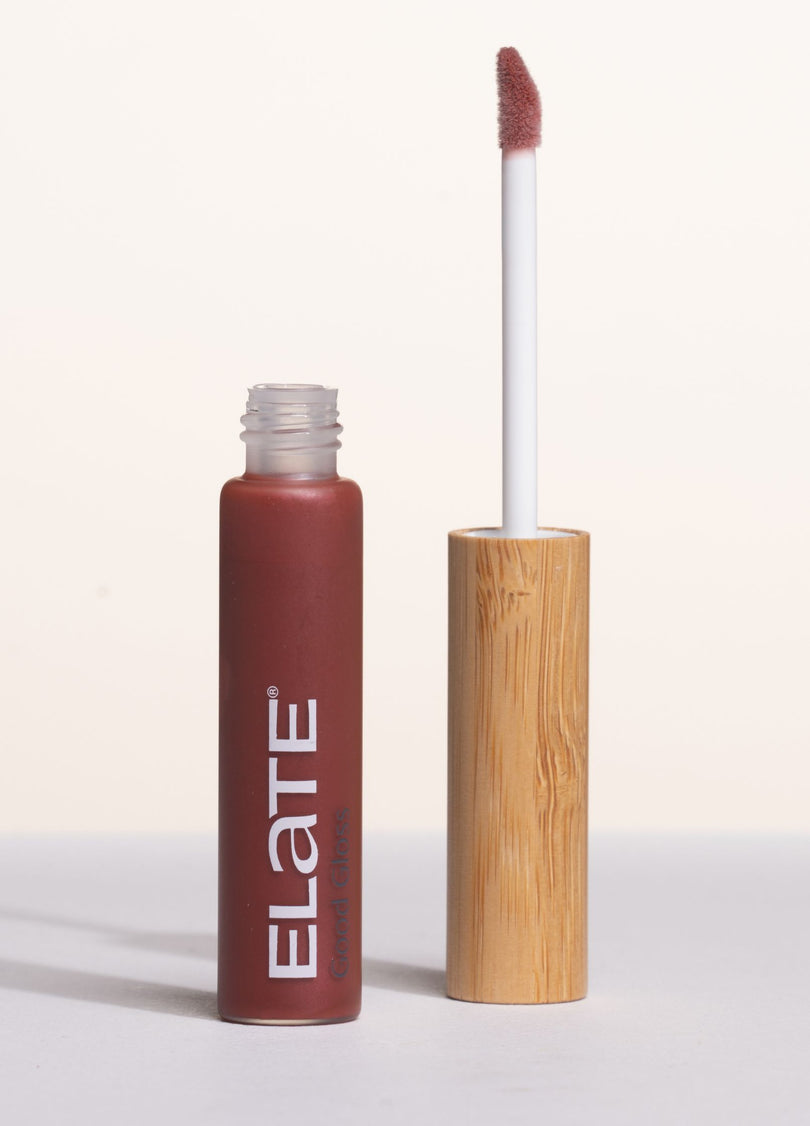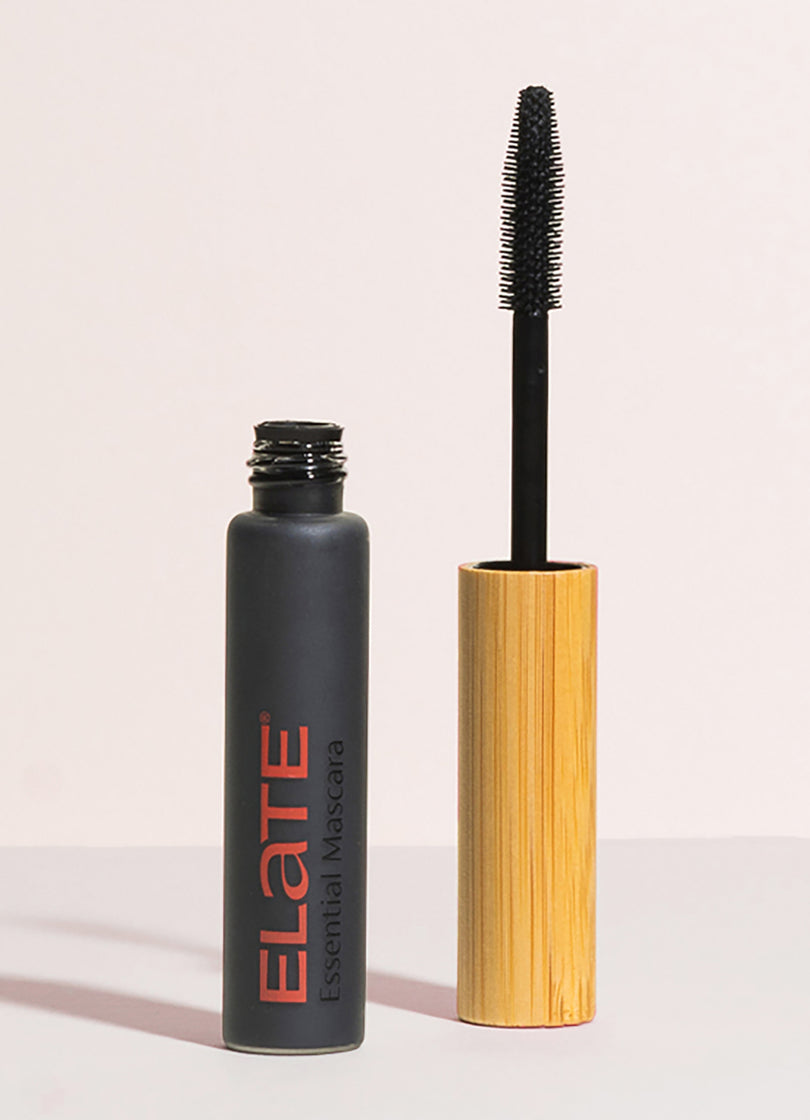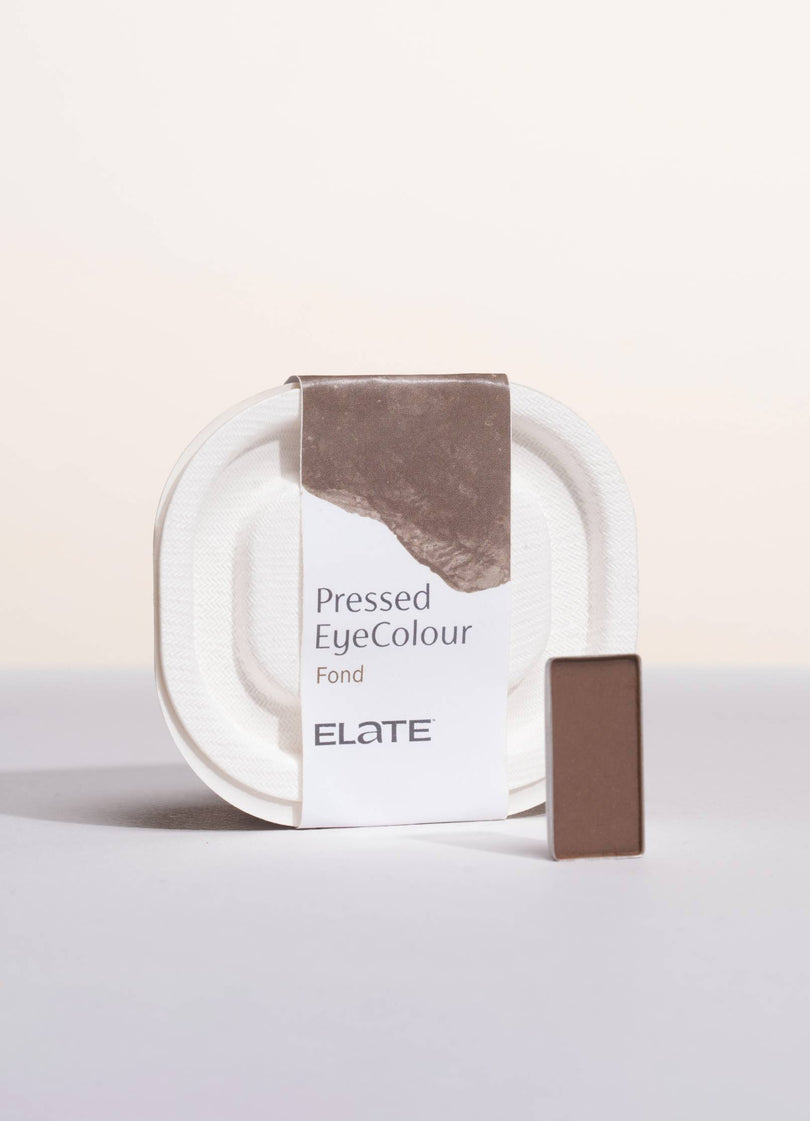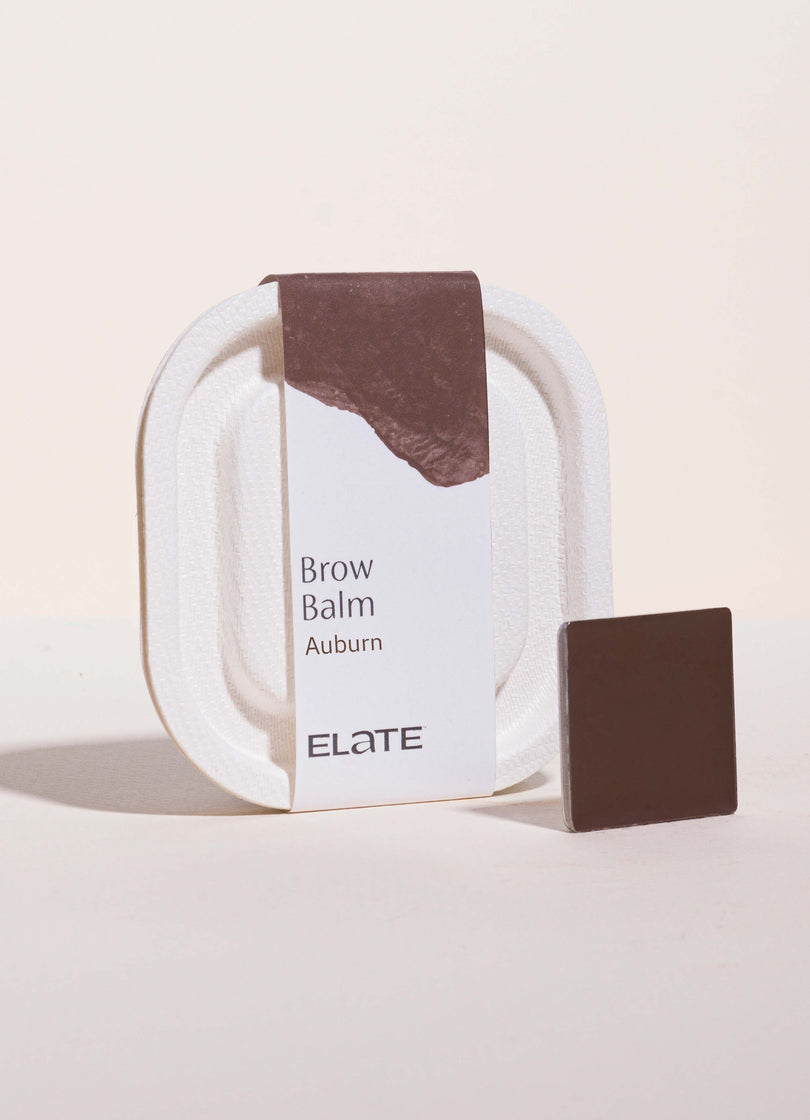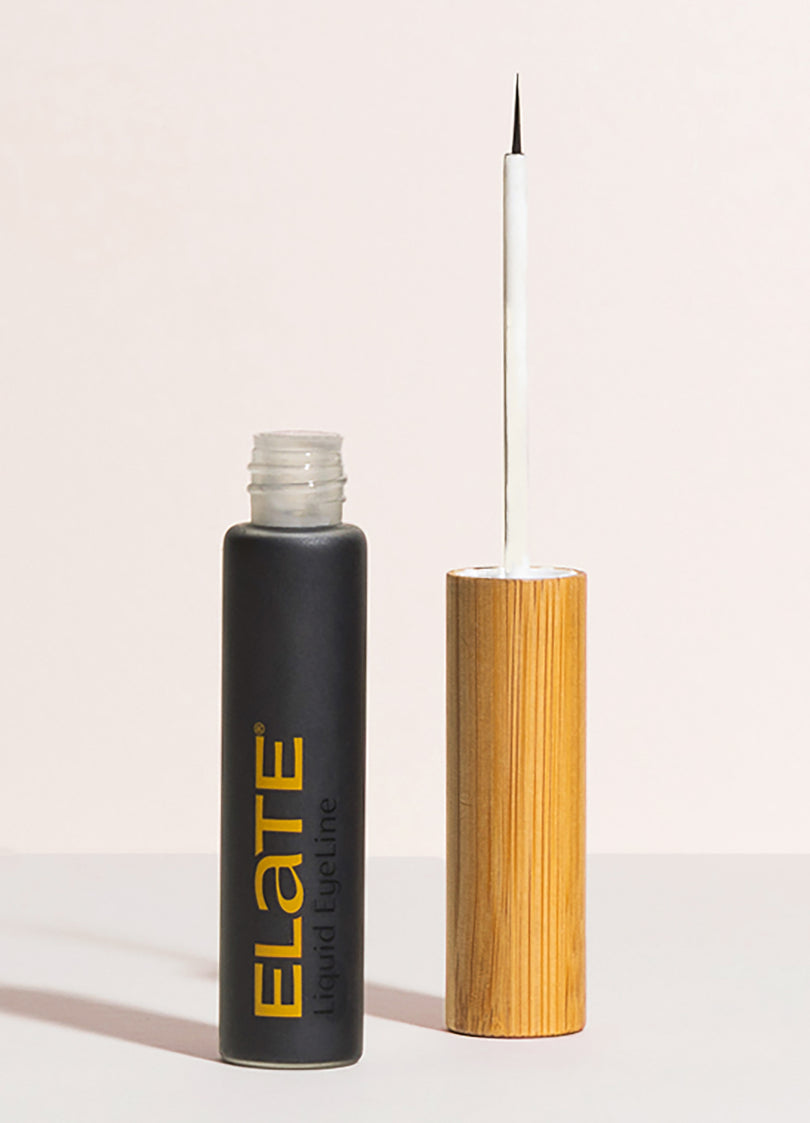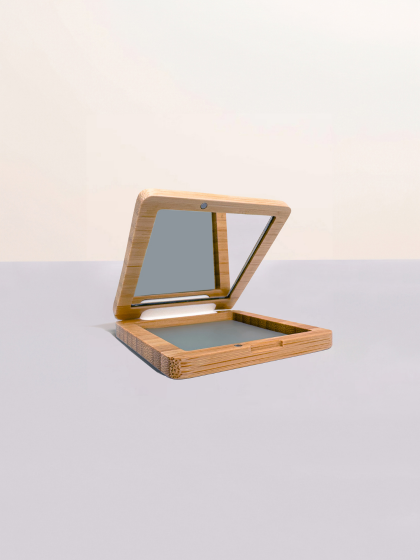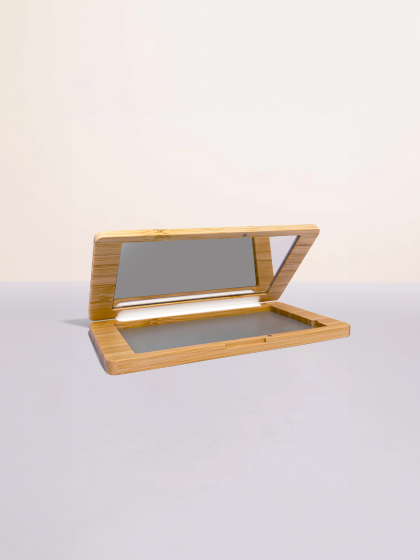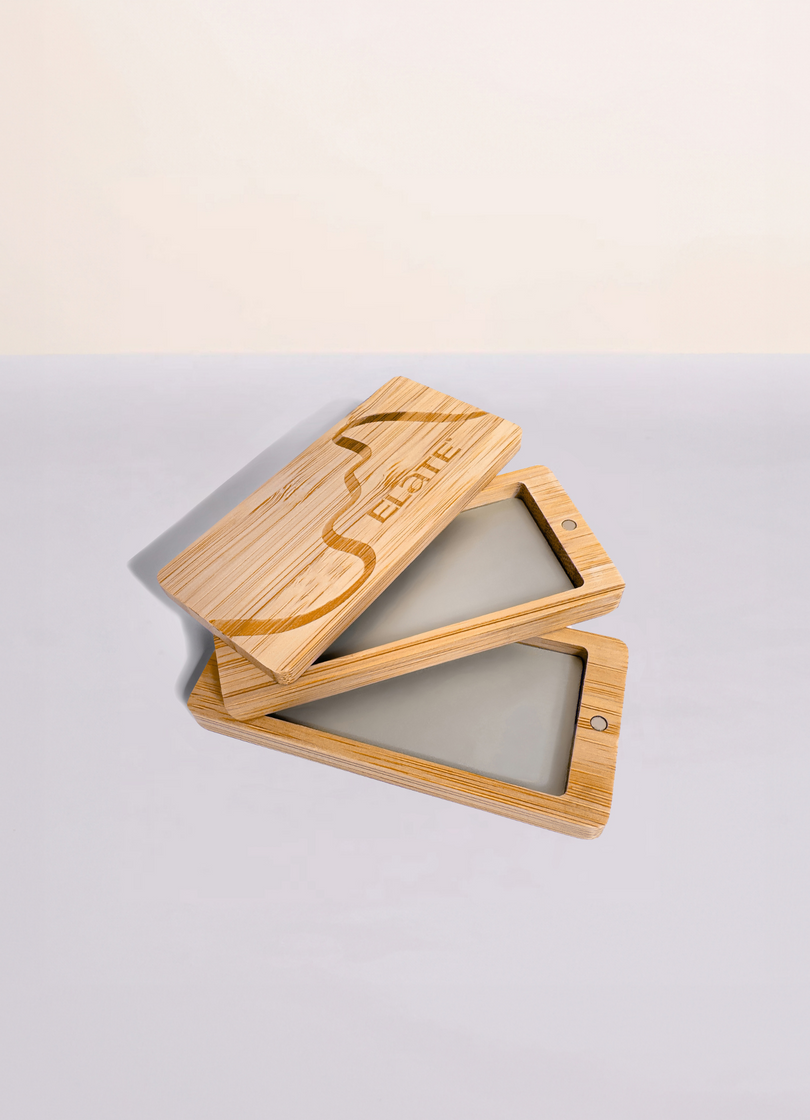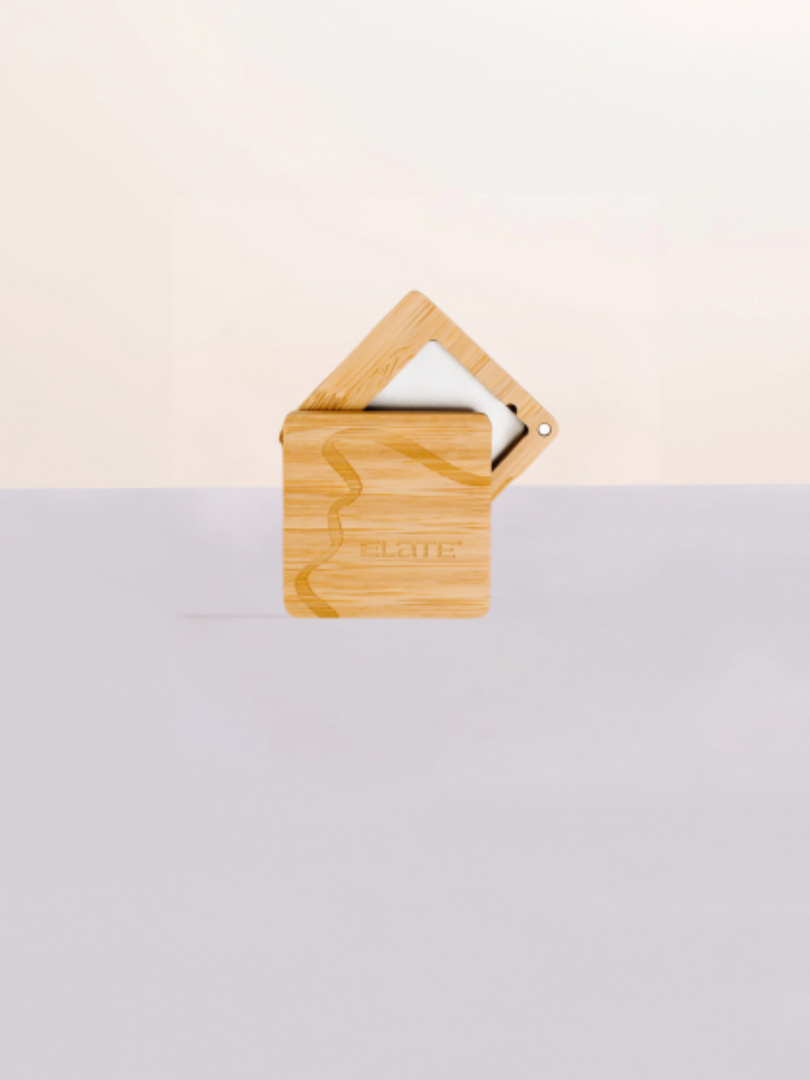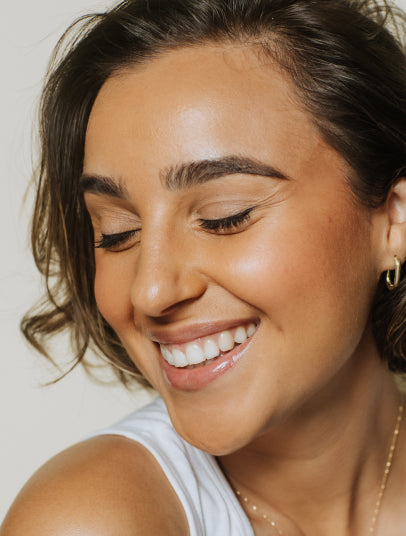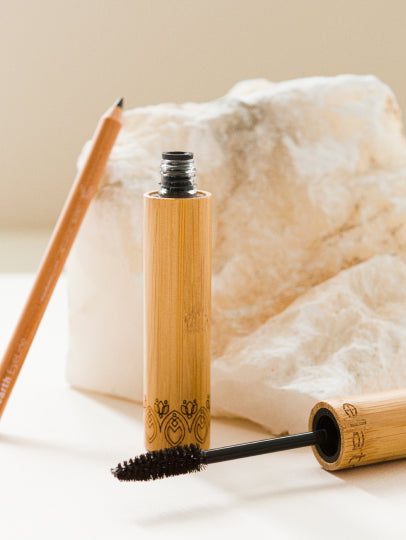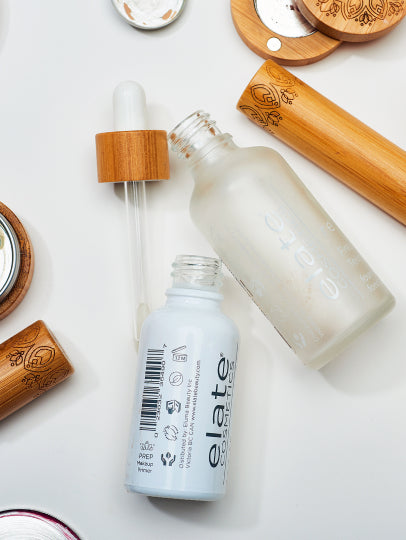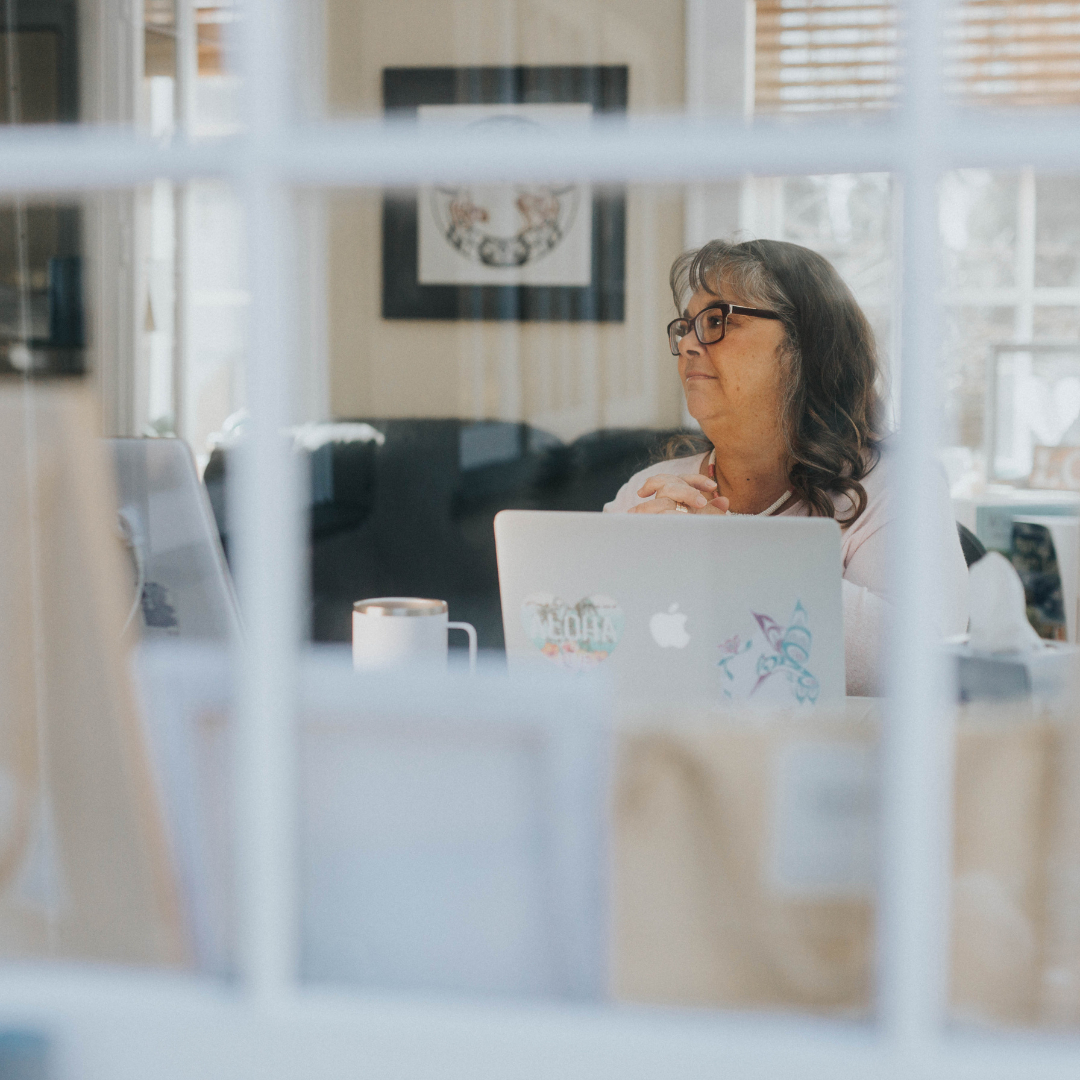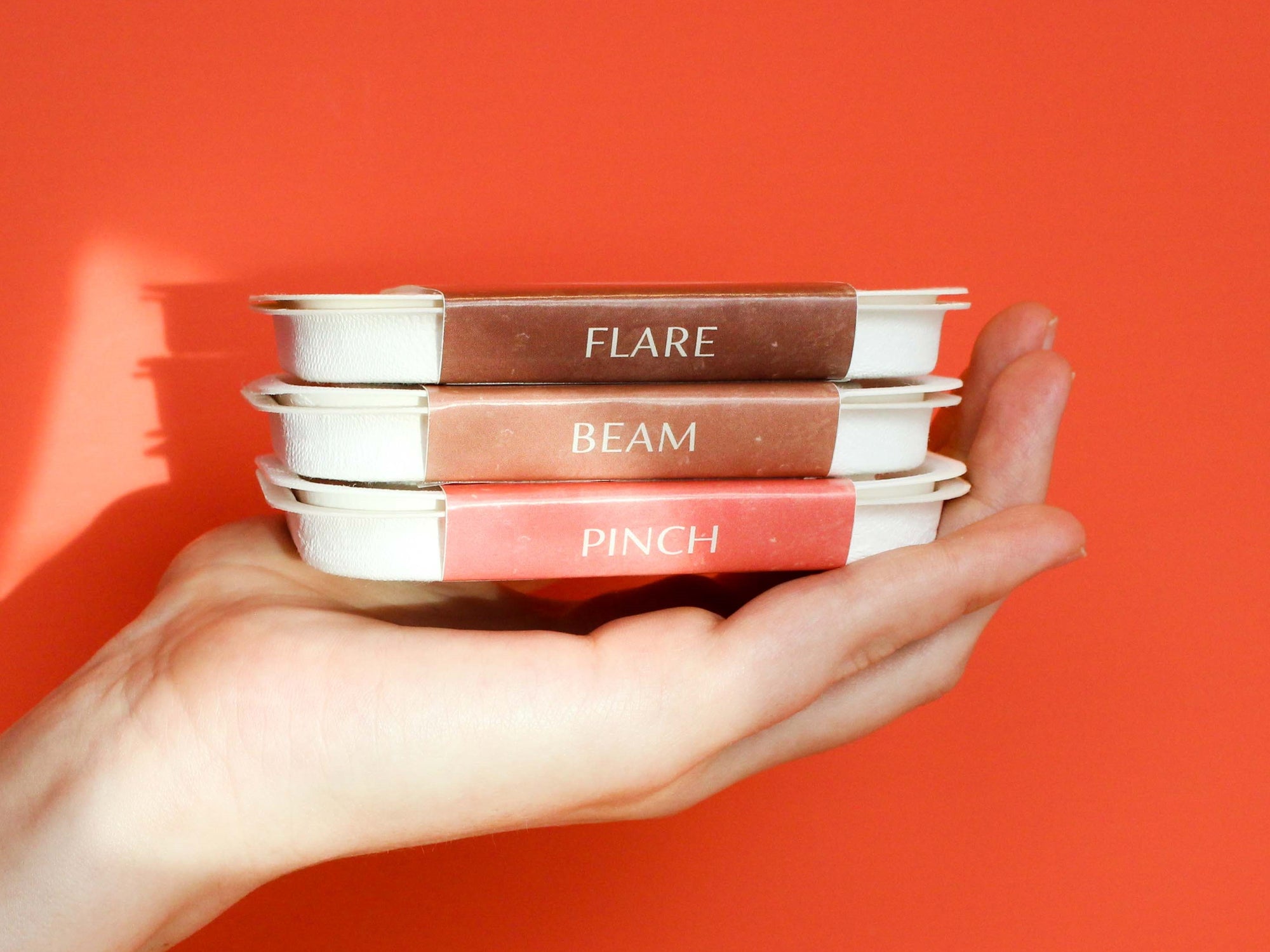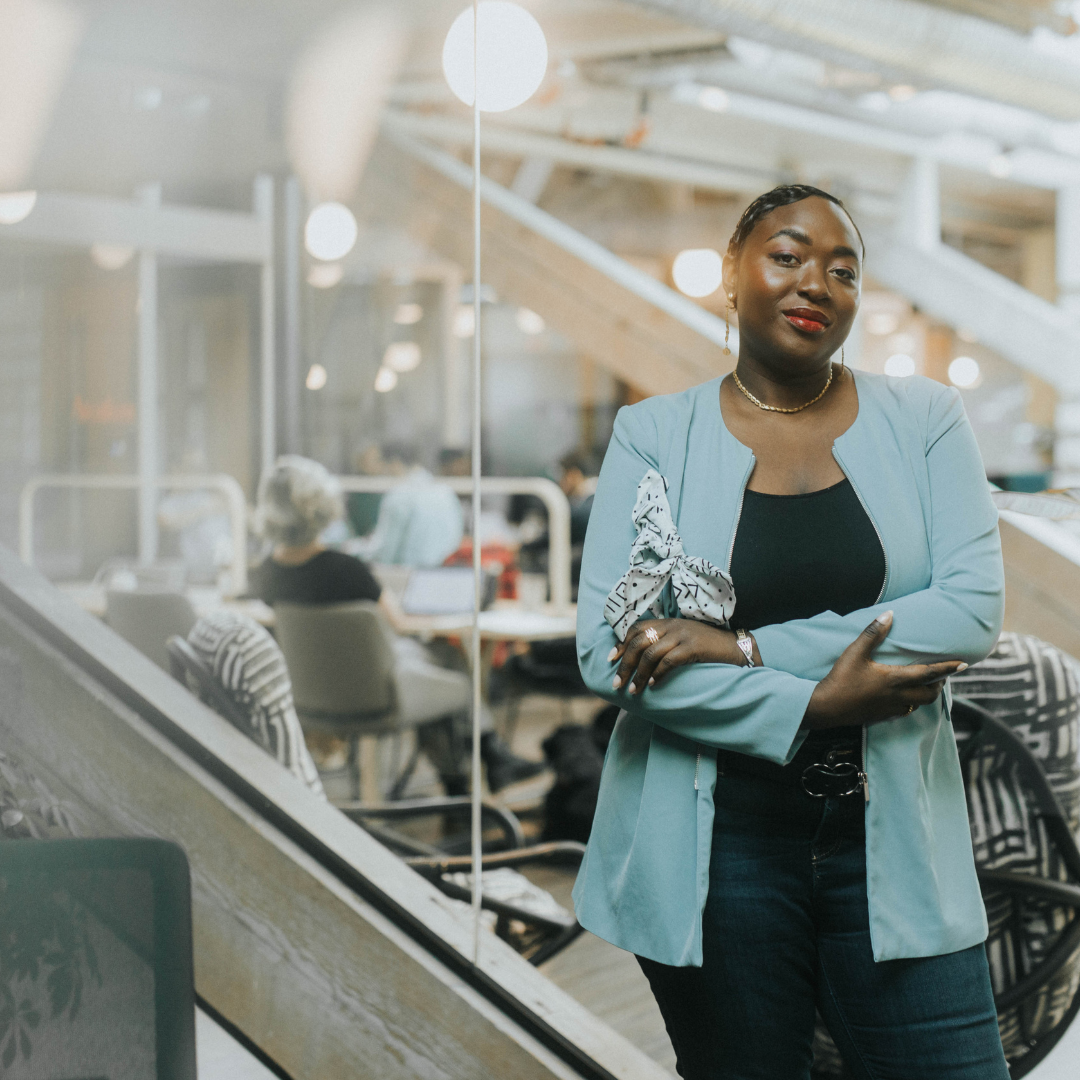As far back as I can remember - I loved stories. Hearing them, reading them, telling them. The ability to share joy and sorrow, transfer knowledge and entertain - I knew that I had to learn more about my friend Monique's process. Her writing is a daily staple in my house, and hopefully it will be yours as well. I felt like a changed human after this interview. Monique wisdom and kindness stayed with me for days. Read on to learn about Monique and her process.
Melodie Reynolds: Hello friend, thank you so much for your time today, please introduce yourself.
Monique Gray Smith: My English name is Monique Grace Smith. My traditional name is mistikwaskihkos, and I'm a mom and grateful to live here on the lək̓ʷəŋən (Lekwungen) speaking people's territory and in my contributing life, I'm an author and a speaker.
MR: Would you say you always wanted to be a writer?
MGS: It was not something I thought about, but I always told stories. I spent a lot of time in the hallway when I was in high school, especially for talking too much in class. So there I'd be in the hallway because I was telling stories. And I think part of why I never thought about being an author was because we didn't have books in my house when I was growing up. Not too much, not till I was in grade seven and my dad started to sell encyclopedias. Those were the first books in our house.But we always had stories like my aunties and my uncles around the dinner. There were always stories. So I grew up with stories and I still tell the story, when I write I actually use my phone and tell the story a lot and then send it to myself and email and there's the first draft.so makes it easier for me.
MR: Do you find that sometimes the story is forming so quickly that you can't write fast enough.
MGS: Totally. That's why I use my phone a lot and they come especially that fast piece comes in what I call the space in between so like just as I'm about to fall asleep, you know, you kind of in that Transcendent space or just as I 'm waking up or when I'm walking in the forest or by the ocean
MR: What do you think about it? When you are in that creative mode when you're telling the story or you're writing. Your mind is active, I think when you are creative, but in that moment before when you're in that in-between space, what's happening in your mind? What are you thinking about?
MGS: Usually nothing. I think that's the gift right because when there's nothing in there, there's the space for the gift to emerge.
And when my mind is busy and full that's when the gifts don't emerge and that's when writing and creating and storytelling is hard because it's full. That's why so many of my books, actually the Catalyst for them, have come when I've been on holiday.
Because there's space. So I took a month off in December. I have two months off this summer. You know how to create to have that space too.
MR: Would you say that you take risks? If so, or if not, what does that have to do with your creative process?
MGS: I think every person who creates who's willing to put their creation out in the world is taking a huge risk.
MR: How does that risk feel? Do you do it knowingly as in: doing this as a risk or does it just happen and then you look back and realize that it was brave that I did it that way?
MGS: It depends on the book, the article or the short story in regards to the vulnerability. Some feel more vulnerable, like Braiding Sweetgrass for young adults. This has felt way more vulnerable because it was taking such a beautiful piece written by Robin Wall Kimmerer, and adapting it, which felt like the greatest pressure I've had as a creative person because it's a sacred text and so to take it in and work with it.
I felt a huge responsibility, the same kind of responsibility I felt was speaking Our Truth: The Journey for reconciliation for young people. There is a responsibility all the time through storytellers, but specifically when you're telling stories to young people.
MR: What is your definition of creativity?
MGS: Joy. My definition of creativity is joy.
MR: YES! Okay, how do you think creative pursuits can change perspectives?
MGS: I think creativity and creative pursuits change hearts. And when hearts are changed then perspectives are changed. So when I write that's what I think about. What are the emotions that I want the reader to feel that will perhaps Change their perspective. Change their thinking, their beliefs, their values what they've always thought was the truth. Creativity changes hearts.
MR: What do you feel most inspired by?
MGS: My family. Time outside on the land. We live in one of the most beautiful places in the world. Here on the traditional territories of the Lək̓ʷəŋən and WSÁNEĆ peoples. For me that's incredibly inspiring.
When I think about the history of my ancestors and that I'm even here, that's inspiring when I think about my mom's journey.
My sister and I have very different lived realities than she did and that our kids have even different lived realities. That to me is inspiring.
One of the children's books I'm working on right now is Kookum's first drum. My mom's 82 and all of my stepdad's family went toTk'emlups te Secwepemcat which was the first school that talked about the 215 children who didn't come home.
Their backyards still looks over the arbor and that whole area, and on the one-year anniversary of the celebration of the revealing of that publicly. They went to a ceremony and my grandmother was gifted her first drum at 82.
The book that talks about Kookums first drum and her grandchild saying. I'm eight and I have my drum, what do you mean you're 82 and you just got your first drum? So Kookum explains a lot about history and the interruption of culture and language and ceremony and all those policies that have and continue to influence Wellness.
So really I'm most inspired by my family. and by living in these beautiful territories the land and the water here is such a gift.
MR: Thank you so much Monique.
MGS: My pleasure.
You can learn more about Monique at her website https://www.moniquegraysmith.com/booksmenu and I highly recommend her books!
